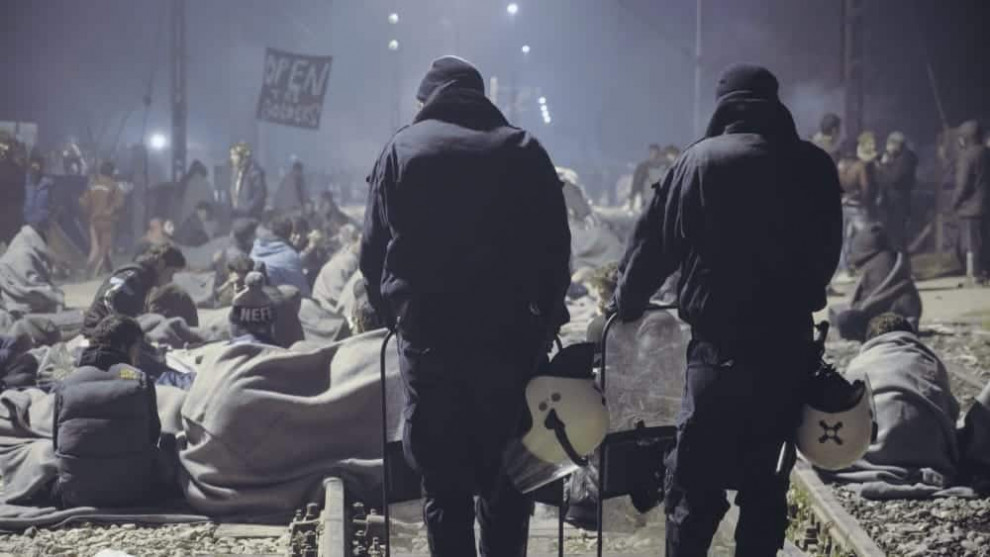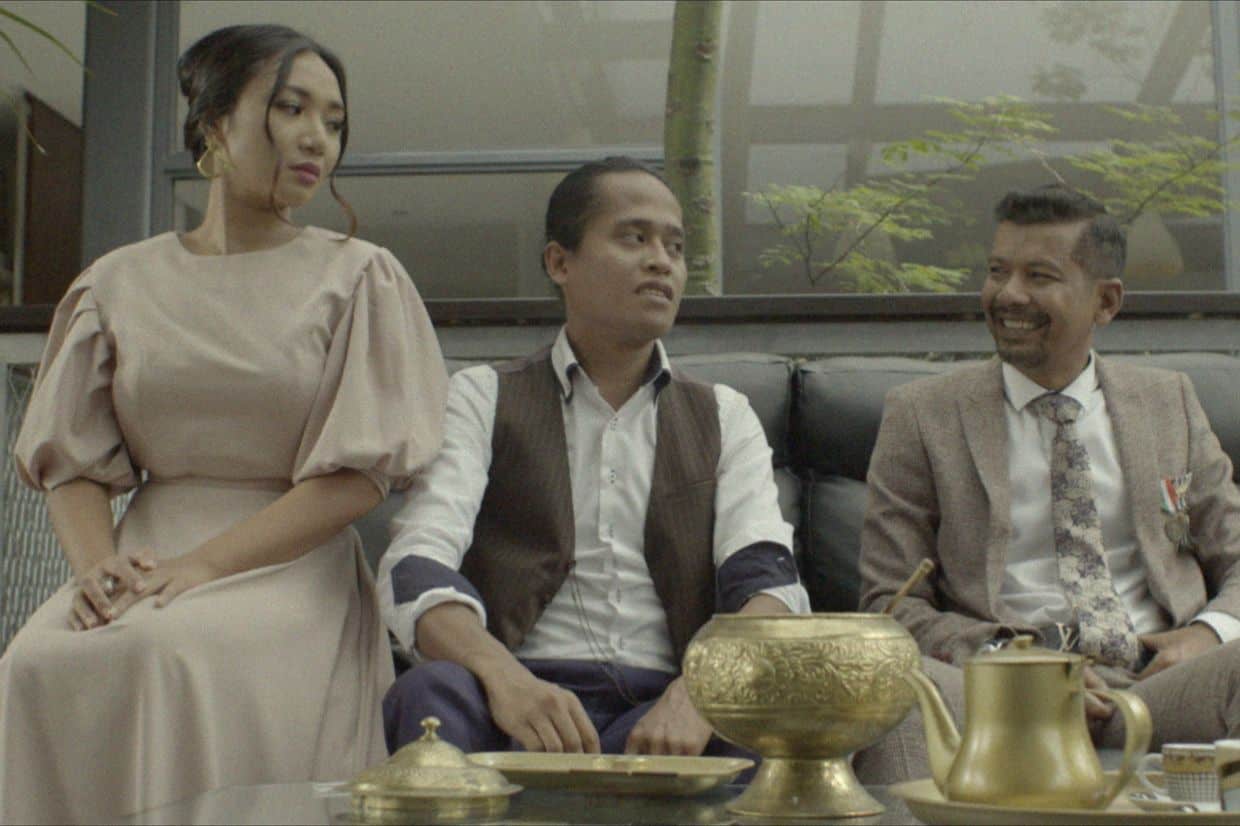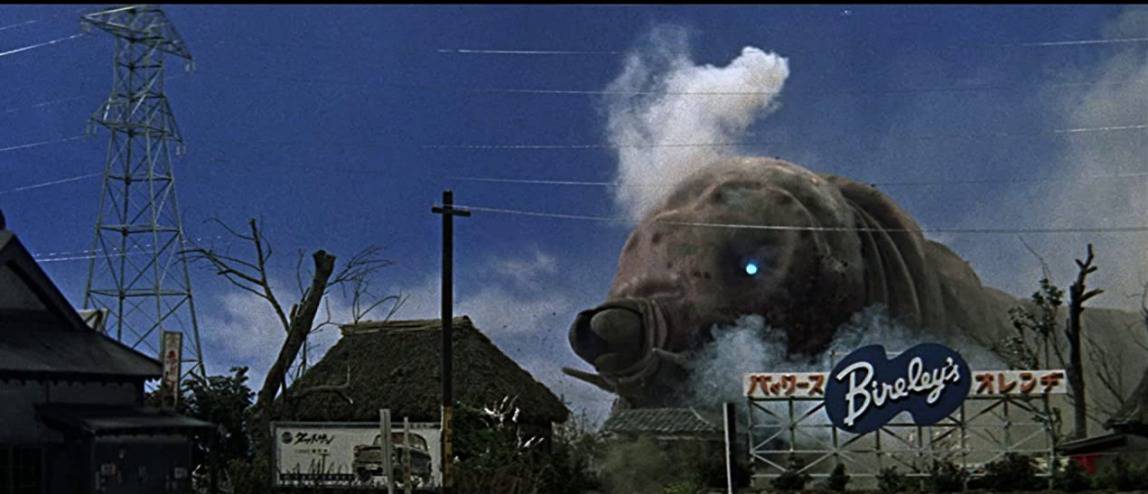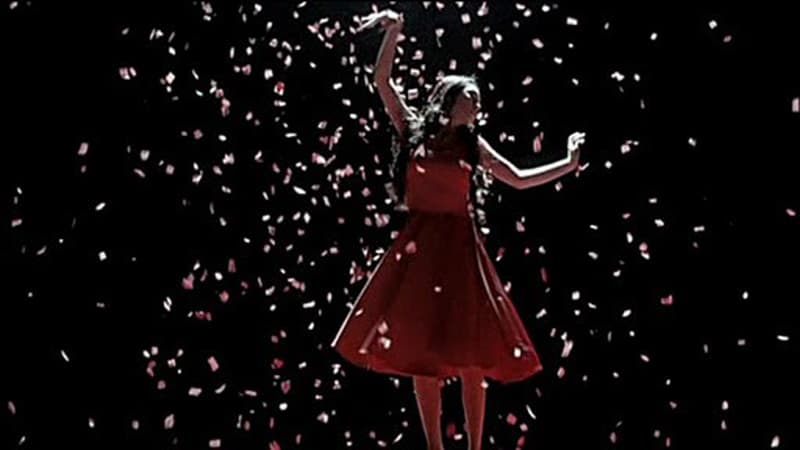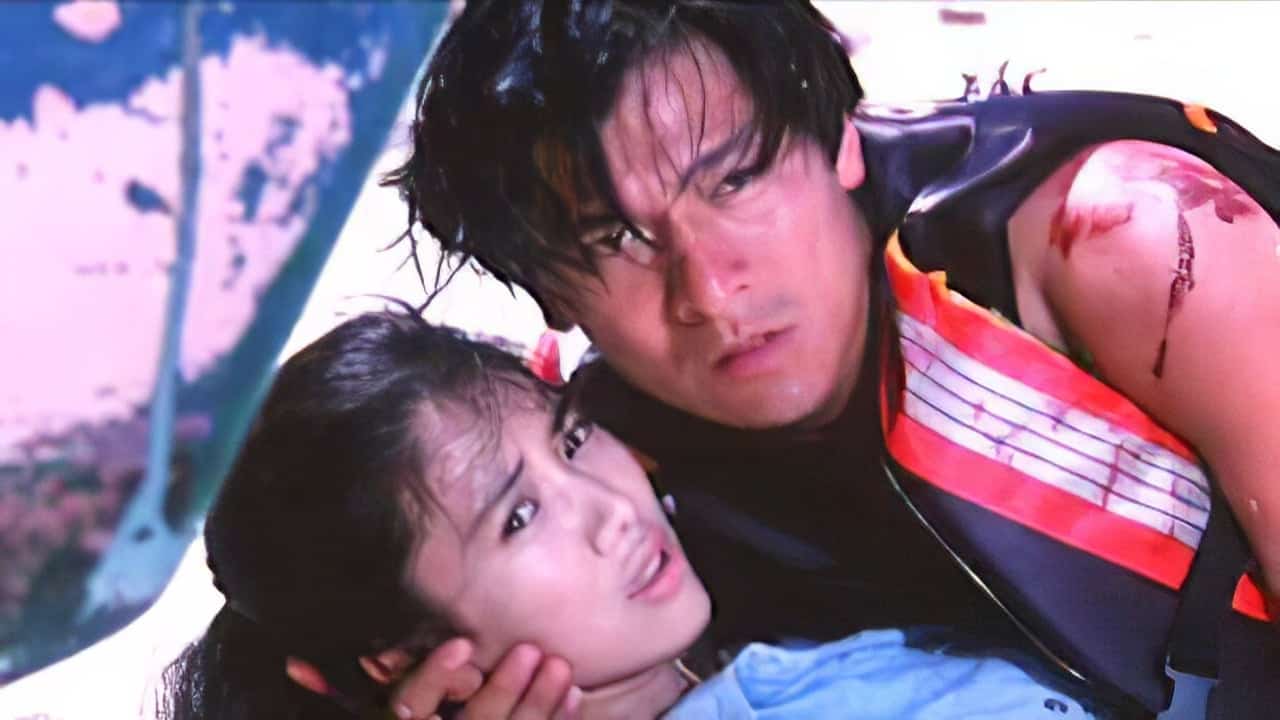“Modern society is a ruin, in our emotions and our judgement.“
(Ai Weiwei)
Even though it has disappeared from mainstream media to a certain degree, the discussion about the wave of refugees to Europe has not ceased, and probably will still be relevant for many years to come. The chaos of the Brexit debates in the British Houses of Parliament as well as the upcoming election for the European Parliament are two events defined by the socio-political impact of these people coming from Africa and Asia. Hiding behind the numbers and the statistics, the political agendas and the programs, however, are human faces, biographies and tragedies which we tend to forget, especially if their stories are not featured in the media.
“The Rest” is screening at Sheffield Doc/Fest

Essentially these faces and stories were the starting point for Chinese artist Ai Weiwei. When he began filming “Human Flow” (2017) and “The Rest”, he was curious about these people, where they came from and what drove them to start the dangerous journey to Europe and other parts of the world. In an interview with Screendaily, the artist says he has always felt like a refugee himself, a feeling which goes back to his family being forced out of their home in the 1950s and of course him being persecuted by the Chinese government for years. Ultimately, to record visual footage in order to remember these events, these people and their stories is the goal of “Human Flow” and “The Rest”.
Generally, for those who have watched “Human Flow”, “The Rest” will feel very familiar, even Weiwei thinks of it as a parallel narrative to his first documentary. The film follows the track of refugees from Syria and parts of Africa while depicting the living conditions in the refugee camps in Greece, Italy and France. Given the time passed between this film and the last, “The Rest” also examines the current status of refugees and how the European society treats them. The answers the director captures with his camera are quite bleak as many of his interviewees express their desperation of being stuck in refugee camps, usually with alarming hygienic conditions, as well as their frustration with a society that shows them they are not welcome.
Overall, “The Rest” is an angrier film than its predecessor. While Ai Weiwei uses the same methods as before, the various voices of the women, men and children he portrays make his documentary often quite dark and shocking. Coming from a culture whose government forbids or censors visual footage for ideological reasons, Weiwei's perspective does not shy away from the dirt, the tragedy and the grief without being sentimental or driven by other motives. The drive to document aims to lift the veil of the facts and figures confronting the viewer with a human face: homeless, exhausted and unwelcome.

One of the most striking aspects of “The Rest” is the selection of settings. Similar to “Human Flow”, Ai Weiwei's camera stands on the Greek shore watching a refugee boat arriving or shows children at a camp silently witnessing a few workers setting up a fence around their camp. While it is often pointed out images like these are manipulative and highly subjective, but given the director's motivation, as well as the nature of his subject, applying an objective stance is not only insincere but highly immoral.
Ultimately, “The Rest” is a documentary about one of the greatest human challenges of our time. It poses the question whether our societies can prove their democratic foundation in the face of these people that are traumatized, hungry and eager to experience peace. In terms of aesthetics, it may not be the most impressive film you will see, but it will certainly be one of the most important, because in the end, the conditions Ai Weiwei shows cannot be aestheticized.
Sources:
1) Grater, Tom (2019) Ai Weiwei Talk New Doc ‘The Rest', criticizes global film industry for working with China
https://www.screendaily.com/features/ai-weiwei-talks-new-doc-the-rest-criticises-global-film-industry-for-working-with-china/5137937.article , last accessed on: 05/18/2019
2) Ai Weiwei Interview: Our Judgment is Crippled
https://www.youtube.com/watch?v=GM1P_U9Aer4 , last accessed on: 05/18/2019


